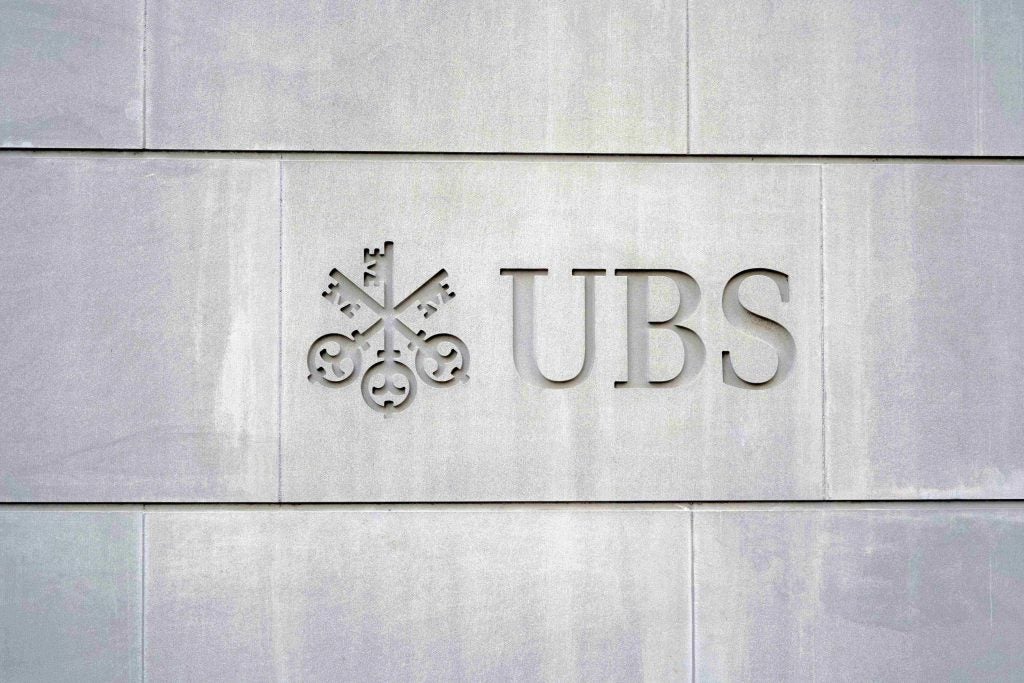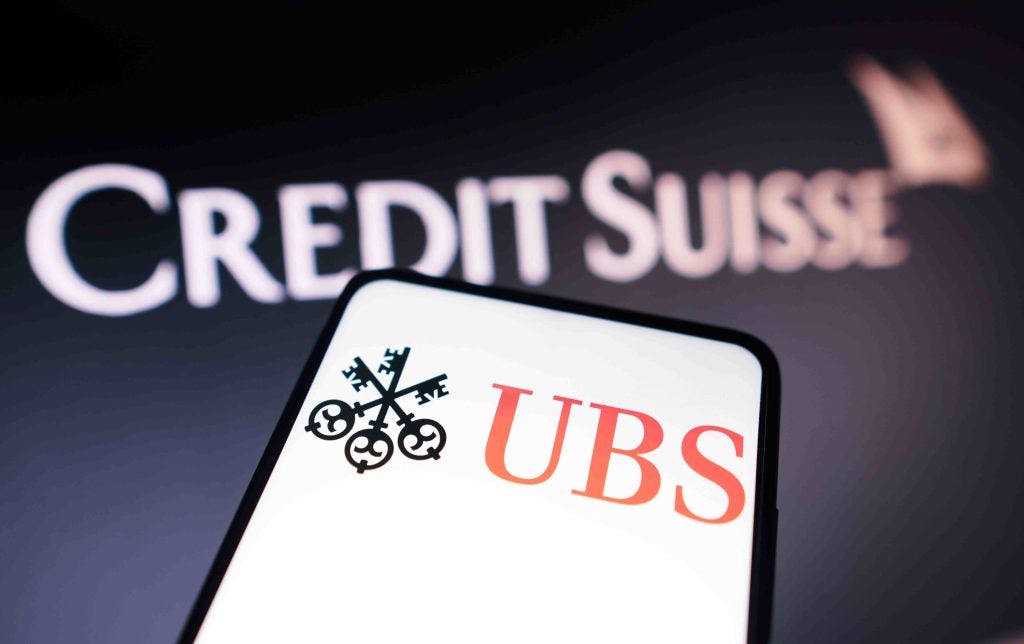UBS has plummeted to levels where an opportunistic acquisition
approach by a rival is becoming conceivable, say senior private
bankers.
The shares of UBS, the European bank hardest hit by the collapse of
the subprime mortgage market in the US, started sliding after its
admission that it may face more losses from mortgage securities.
They declined by more than 8 percent at one stage to trade at about
CHF23 ($22.1) and are down around 45 percent this year and 66
percent in the last 12 months. That leaves the shrunken UBS valued
at about CHF60 billion or E37 billion ($57 billion).
This is a level which is within the scope of an increasingly wide
range of banks attracted by the chances of acquiring the world’s
biggest wealth manager on the cheap, as long as they have the
resources to be able to underpin the strained UBS balance-sheet,
say bankers. However, a wide-ranging US inquiry whether UBS helped
US clients avoid taxes may also deter bidders, at least for the
time being.

That shrunken valuation for UBS compares with the E70 billion paid
last year for ABN AMRO by a consortium led by Royal Bank of
Scotland, a deal that now looks hugely expensive after the plunge
in big bank stocks amid the credit crisis.
Among potential bidders for UBS could be Barclays, which was
defeated last year in its own ambitions to acquire ABN but is
reportedly keen to pick up a weakened investment bank such as UBS
or Lehman Brothers.
How well do you really know your competitors?
Access the most comprehensive Company Profiles on the market, powered by GlobalData. Save hours of research. Gain competitive edge.

Thank you!
Your download email will arrive shortly
Not ready to buy yet? Download a free sample
We are confident about the unique quality of our Company Profiles. However, we want you to make the most beneficial decision for your business, so we offer a free sample that you can download by submitting the below form
By GlobalDataA bid from Swiss rival Credit Suisse is not being ruled out. But
Zurich bankers say a huge loss of value would be implied by such a
bid, as the two banks’ investment banking operations were combined
and deeply rationalised.
Deutsche Bank, long frustrated by its over-banked domestic
financial services market, would be free up leap into the very top
ranks of global players in wealth and investment banking with a UBS
acquisition. Politically, having a bank from neighbouring Germany
as owner of one of the biggest Swiss banks could prove more
acceptable than an ‘Anglo-Saxon’ institution.
Worryingly, total client assets under management at UBS fell back
from CHF2.1 trillion at the year-end to CHF1.8 trillion in the
first quarter of 2008. This is below the CHF1.96 trillion figure at
the end of 2006 amid what UBS admits has been the “negative impact”
on financial losses on its reputation.
At its recent annual shareholders’ meeting, UBS opposed a breakup
of its investment and investment banking arms, insisting it
remained committed to an “integrated model.”
But if UBS’s CHF16 billion rights issue – set at a steep 31 percent
discount – flags or its stock falls much closer to CHF20, then
things will become precarious, bankers say. At this point, a
breakup may become more acceptable as it would at least leave UBS
as master of its own fate, rather than enduring the potential
ignominy of what would look suspiciously like a rescue by one of
its rivals.
Overshadowing UBS is a US tax probe into its advisory practices,
including pressure to disclose the names of up to 20,000 of its
wealthy American clients, some of which allegedly used offshore
accounts to hide as much as $20 billion in assets.
Bernstein analyst Dirk Hoffmann-Becking warns that UBS may be faced
with a sustained outflow if it makes new writedowns or its
capital-raising exercise fails. He believes UBS already faces with
a net outflow of client funds of about CHF10 billion for the
second-quarter of 2008.
Meanwhile, UBS stock continued to perform erratically as its CHF16
billion rights offering drew to a close.
Helvea analyst Peter Thorne said there was “no confidence in the
management or the company’s strategy. I cannot see them investing
more money in UBS”.






